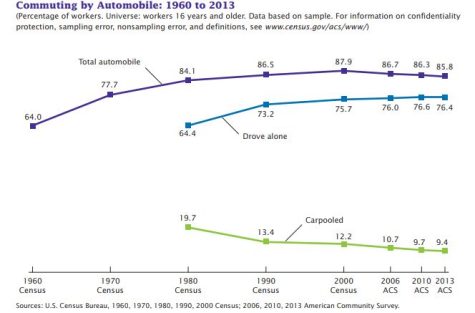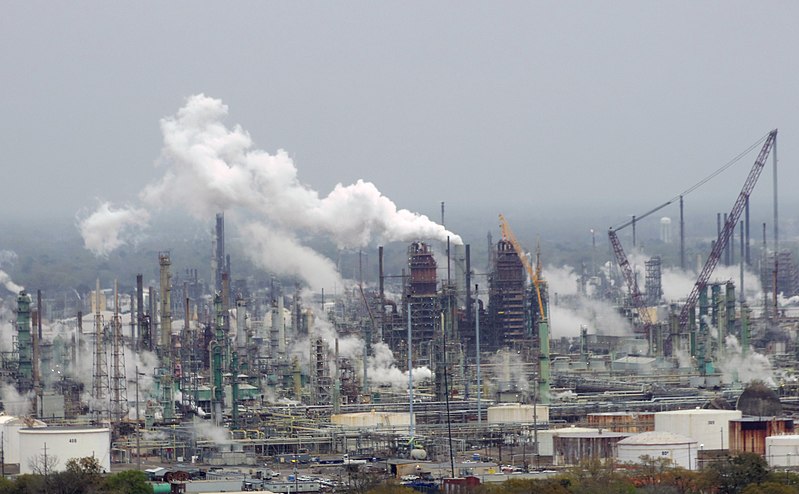Opinion: Now is a perfect time to nationalize the oil industry.
A landscape shot of the ExxonMobil oil refinery in Baton Rouge, Louisiana, taken by WClarke. Retrieved from Wikimedia Commons.
It is no secret that recently the price of gas has spiked across the country. The average price of regular-grade unleaded gasoline in the United States has risen over 20% in the last month alone, according to AAA. The price of refined oil products for consumers is not unique, as the price of crude oil is also up 34% this quarter according to marketwatch.com.
The reasons for the rise in prices differ depending on who you ask, but many people attribute at least some of the blame to Russia’s ongoing invasion of Ukraine, starting on the 24th of February. This, in my mind, is not to blame.
As of December of 2021, which is the most recent month the U.S. Energy Information Administration has data available for, the United States received <1.42% of our imported crude oil from Russia. We ourselves are not dependent on Russia for oil. Granted, some Western European countries like France and Germany are dependent on Russia for their energy needs. If Russia were to be cut from the global oil market entirely by sanctions, these aforementioned countries would have to find new sources of oil and natural gas. This could exhaust global oil sources, and potentially prevent the US from importing oil from our existing suppliers abroad, like the nations in the Organization of the Petroleum Exporting Countries, or OPEC as it often goes by. This leads directly into my next point: the United States doesn’t need to import oil.
The US is the largest crude oil producer in the world. In 2020, for the first time ever, the United States produced more oil than it consumed, and exported more oil than it imported. This is right from the horse’s mouth, the U.S. Energy Information Administration. Even if the United States takes absolutely no further steps towards renewable energy integration, we could still retain energy independence.
So why are gasoline prices increasing? The oil companies are engaging in preemptive gouging. The anticipation of a reduced supply is enough for the oil industry to collectively raise the price of oil products. Free markets tend to monopolize over time, and the oil industry is a prime example of this. This type of gouging is an example of an unshackled market working as intended. This is extremely good for the executives and shareholders of these companies, but not for the average worker, as the vast majority of workers commute using an automobile.
Brian McKenzie Ph.D., a sociologist at the United States Census Bureau puts the importance of the automobile to the average worker perfectly in a 2013 report for the United States Census Bureau. McKenzie says that, “the percentage of workers who commute by private vehicle remained relatively stable after decades of consistent increase.” The average worker is not showing any signs of decreasing automobile use in the near future, and electric cars are far from reaching critical market share. This means that those affected most by high gasoline prices are the average and low earning workers.

Eliminating the oil market would solve this problem outright. Most of the existing hierarchies could even remain, all that would need to happen is a condensation at the very top. Puting the state in charge of the oil firms would effectively democratize them, reducing them to the whims of voters. If the voters want cheaper gas and for executives to get slightly less money, that will happen. Though many oil executives may keep their oligarchical status, reducing hierarchical junctions where the profit motive can establish itself will reduce the gasoline price. Eliminating this market will also prevent gouging, as long as our democracy is intact.
Nationalizing oil will also make the transfer away from fossil fuels in the coming years much easier and less painful. With a central plan controlled by the people through voting, the oil industry and the planet’s health will be controlled by the people. If our goal is to benefit people’s livelihood and the planet’s health, now would be a great time to nationalize the oil industry.




